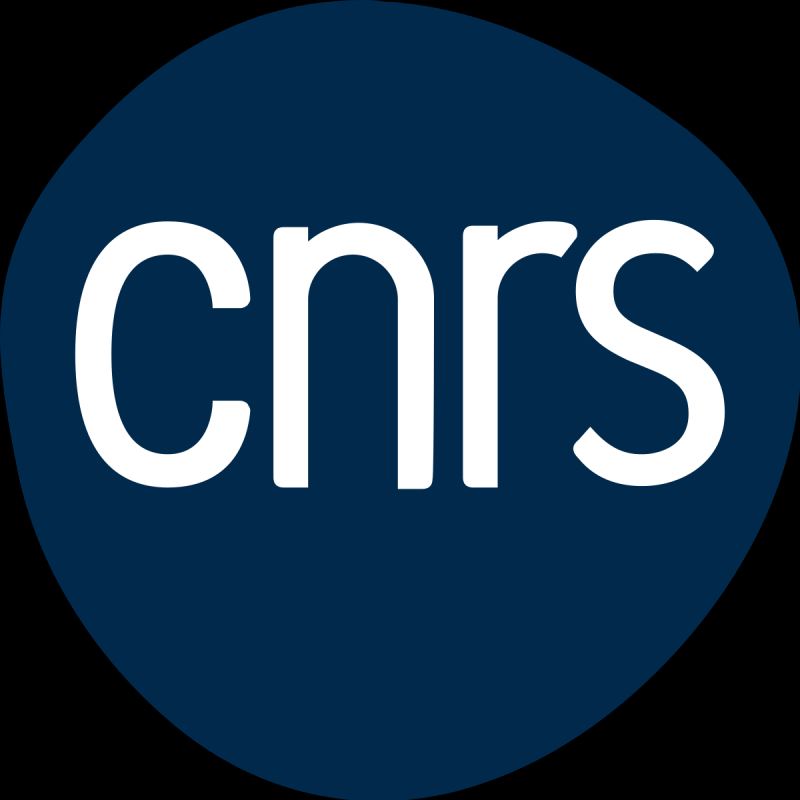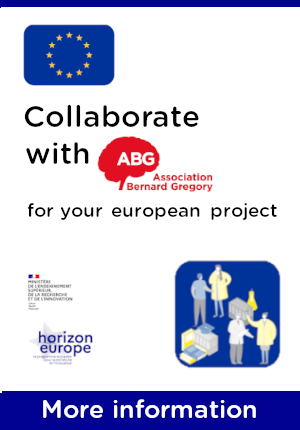Machine Learning and Geostatistics for Natural Hydrogen Emissions
| ABG-133708 | Master internship | 6 months | 660 euros |
| 2025-10-07 |

- Earth, universe, space sciences
- Computer science
Employer organisation
Website :
The internship position is based in Orléans, France, at the Earth Sciences Institute of Orléans (ISTO), a joint research laboratory of CNRS, the University of Orléans, and BRGM, located on the Geosciences campus near Paris. The Energy and Environmental Geosciences group conducts cutting-edge research and is internationally recognized for its expertise in multi-scale modeling and reactive transport in geological formations. The group also hosts VEMA Hydrogen, a startup pioneering rock-based hydrogen production.
The intern will join a network of leading national research institutions, including CNRS, BRGM, Sorbonne University, Geosciences Rennes, and Université de Pau et des Pays de l’Adour, as well as international collaborators such as Heriot-Watt University, Forschungszentrum Jülich, Lawrence Berkeley National Laboratory, Princeton University, and Stanford University.
Description
The Energy and Environmental Geosciences group at the Institut des Sciences de la Terre d’Orléans (CNRS, Université d’Orléans, BRGM, www.isto-orleans.fr) is seeking a 6-month Master 2 or final-year engineering school intern to develop geostatistical and machine learning approaches for assessing natural underground hydrogen emissions.
Background
The global push to reduce carbon dependency has highlighted hydrogen (H₂) as a key energy carrier, since its combustion produces only water. Today, H₂ is mainly produced from hydrocarbons via steam reforming or water electrolysis; however, increasing occurrences of intracontinental geologic H₂ are being reported. One major natural formation process is water–rock reactions, such as serpentinization, during which ferrous iron in minerals is oxidized by water. Thermodynamic models of ultramafic rock alteration by seawater show highly variable H₂ production depending on temperature, water/rock ratio, and rock composition. Predicting H₂ generation in continental settings is challenging due to the complexity of the subsurface and additional processes such as water radiolysis from the decay of uranium, thorium, and potassium.
Deterministic approaches have proven useful for extracting insights from complex geologic systems. With the increasing availability of geospatialized data on the continental crust’s physicochemical properties and comprehensive databases of H₂ occurrences, this Master’s project—part of the EU-funded HYway project—aims to develop a machine learning model to predict intracontinental H₂ emissions using these extensive datasets.
Internship Objectives:
The intern will:
- Conduct a literature review on natural hydrogen occurrences and geospatialized subsurface data.
- Perform geostatistical analyses, including variography and kriging, to interpolate and grid heterogeneous datasets.
- Apply multivariate statistical methods (e.g., principal component analysis) to explore relationships between physicochemical properties of the continental crust and hydrogen occurrences.
- Develop and validate a machine learning model combining continuous (rock chemistry) and discrete (geological descriptions) data to predict potential hydrogen emissions at regional and global scales.
Location & Supervision:
The internship will take place at the Institut des Sciences de la Terre, University of Orléans, within the Energy and Environmental Geosciences group, under the supervision of Vincent Milesi, Cyprien Soulaine, and Florian Osselin. The intern will also have regular interactions with the Constraints and Machine Learning group at the Laboratoire d’Informatique Fondamentale d’Orléans to integrate expertise in data-driven methods.
Profile
- Essential:
- Master 2 or final-year engineering student in numerical geosciences or computer science.
- Strong programming skills (Python, R, or equivalent).
- Solid statistical analysis knowledge, including multivariate methods.
- Good command of English (written and spoken).
- Desirable:
- Experience with geostatistics, numerical modeling, or geospatial data analysis.
- Familiarity with machine learning methods and open-source scientific libraries.
Starting date
Vous avez déjà un compte ?
Nouvel utilisateur ?
Get ABG’s monthly newsletters including news, job offers, grants & fellowships and a selection of relevant events…
Discover our members
 Institut Sup'biotech de Paris
Institut Sup'biotech de Paris  ANRT
ANRT  SUEZ
SUEZ  ADEME
ADEME  MabDesign
MabDesign  PhDOOC
PhDOOC  Ifremer
Ifremer  ONERA - The French Aerospace Lab
ONERA - The French Aerospace Lab  MabDesign
MabDesign  Aérocentre, Pôle d'excellence régional
Aérocentre, Pôle d'excellence régional  ASNR - Autorité de sûreté nucléaire et de radioprotection - Siège
ASNR - Autorité de sûreté nucléaire et de radioprotection - Siège  TotalEnergies
TotalEnergies  CASDEN
CASDEN  Groupe AFNOR - Association française de normalisation
Groupe AFNOR - Association française de normalisation  CESI
CESI  Nokia Bell Labs France
Nokia Bell Labs France  Laboratoire National de Métrologie et d'Essais - LNE
Laboratoire National de Métrologie et d'Essais - LNE  Tecknowmetrix
Tecknowmetrix  Généthon
Généthon



